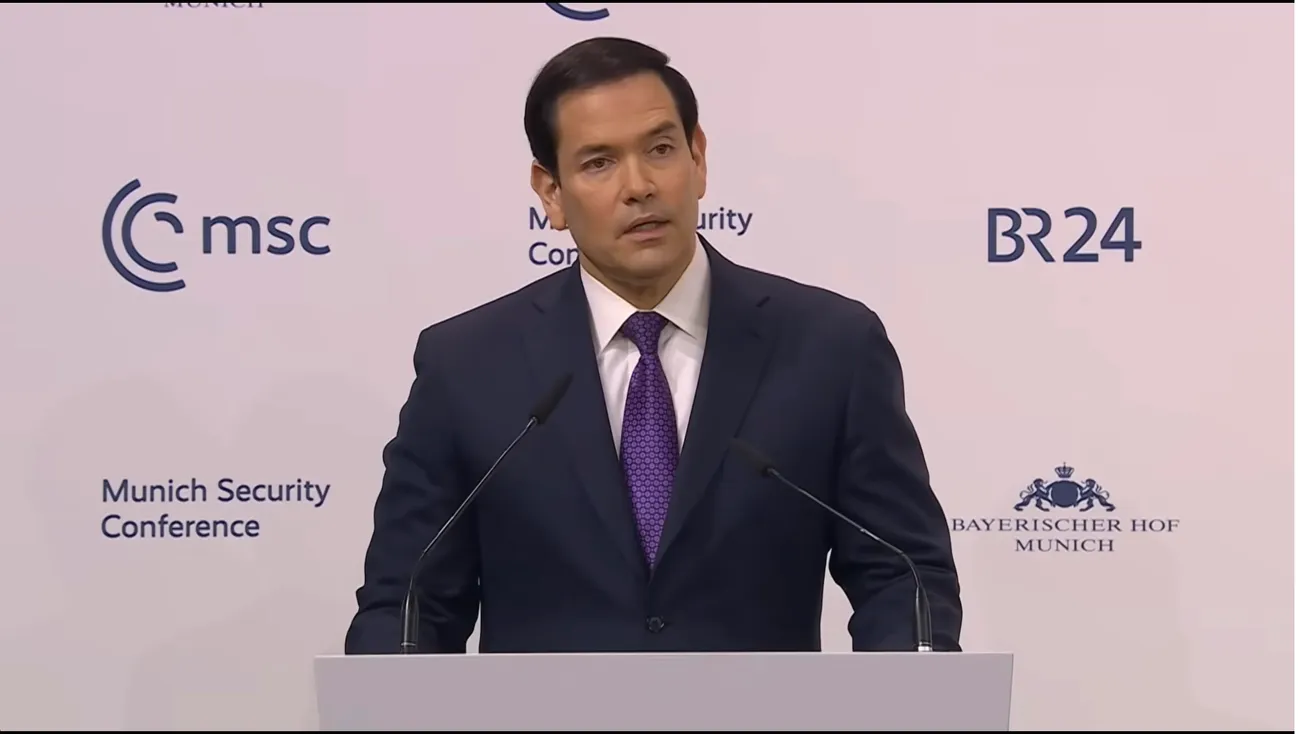Bob Carr, who served as Australia’s Foreign Minister from 2012-2013, wrote an op-ed in last Sunday’s The Sydney Morning Herald, where he urged the Australian government to press the US for Assange’s release. This comes in the wake of the new Australian Prime Minister, Anthony Albanese, saying in December about Assange and his ongoing imprisonment, “Enough is enough.” Now, Carr is coming out in full force to call for his release, with some sharply-worded jabs at American “democracy.” If the US were to release Assange, he writes, “the battered American republic can teach the world a thing or two about its First Amendment right to freedom of expression. Its claim to be a nation of laws is stronger if Assange, this dissident publisher, has the threat of extradition lifted.”
The strongest point that Carr makes, however, is that the main reason the US has insisted on Assange’s prosecution and extradition, is to shift blame for two decades of failed wars. He says, “Afghanistan was America’s longest war undertaken to eliminate al-Qaeda and, later, drive out the Taliban. After 20 years of squandered blood and treasure, the Taliban are firmly in control and al-Qaeda again claims the wretched country as haven. The Iraq War proved only the paradox of unintended consequences, unleashing Islamic State on the world and delivering a boon to Iranian power projection. Pursuing Assange makes it look like the unfinished business of these wars devolves on the pursuit of one shackled Australian, even as if snatching Assange is the last expression of American frustration at the battlefield defeats by ragged insurgents. It’s time the restless giant closed the books on the disasters unloosed by George W. Bush.”
Carr’s reference to George Bush is perhaps the more politically acceptable way to indicate what is actually a criminal policy of both parties in the U.S. But the Assange case itself is one of the most glaring indications that the U.S. establishment refuses to reckon with its egregious crimes, crimes which have directly shaped the situation in the world today, and instead punish the messenger.
There has been increased pressure on Albanese within Australia in recent weeks to call for freeing Assange, but he declined to say whether he would take any actions when asked about it on Monday, indicating that he is likely to get in line behind the U.S. “I intend to lead a government that engages diplomatically and appropriately with our partners,” Albanese said in response. Either way, taken in conjunction with Mexican President Lopez-Obrador’s remarks on Assange (see separate slug), it is an interesting shift.






